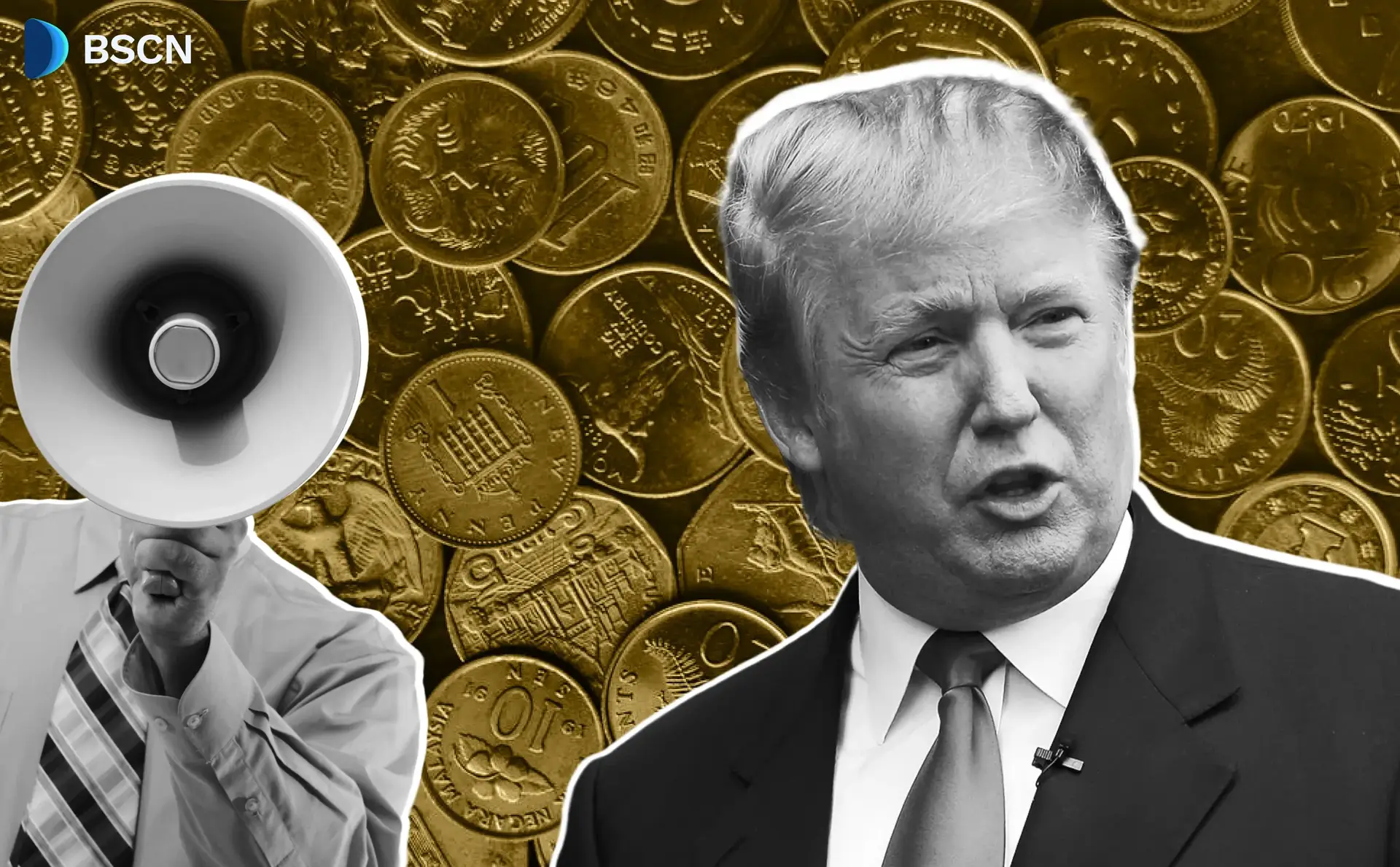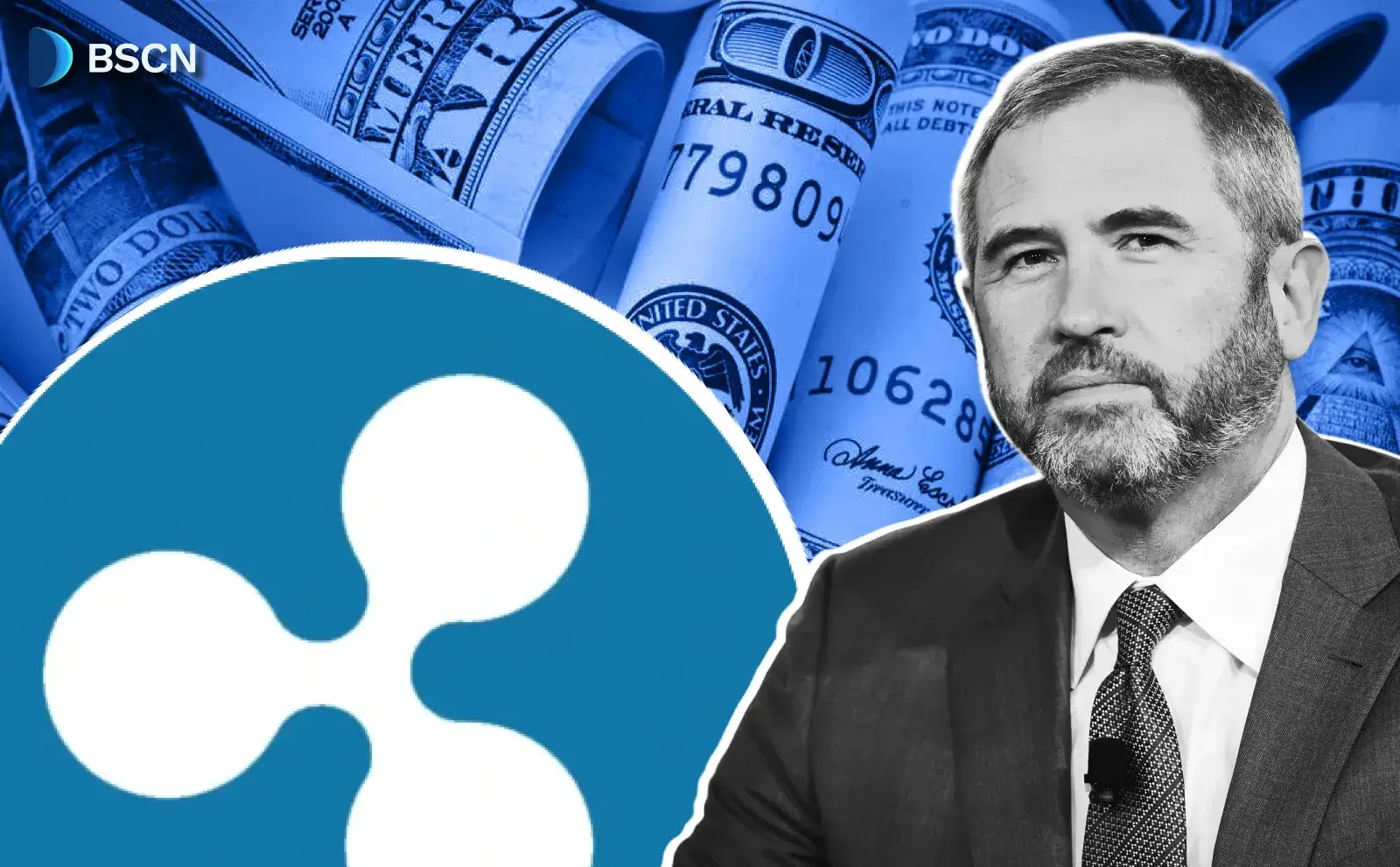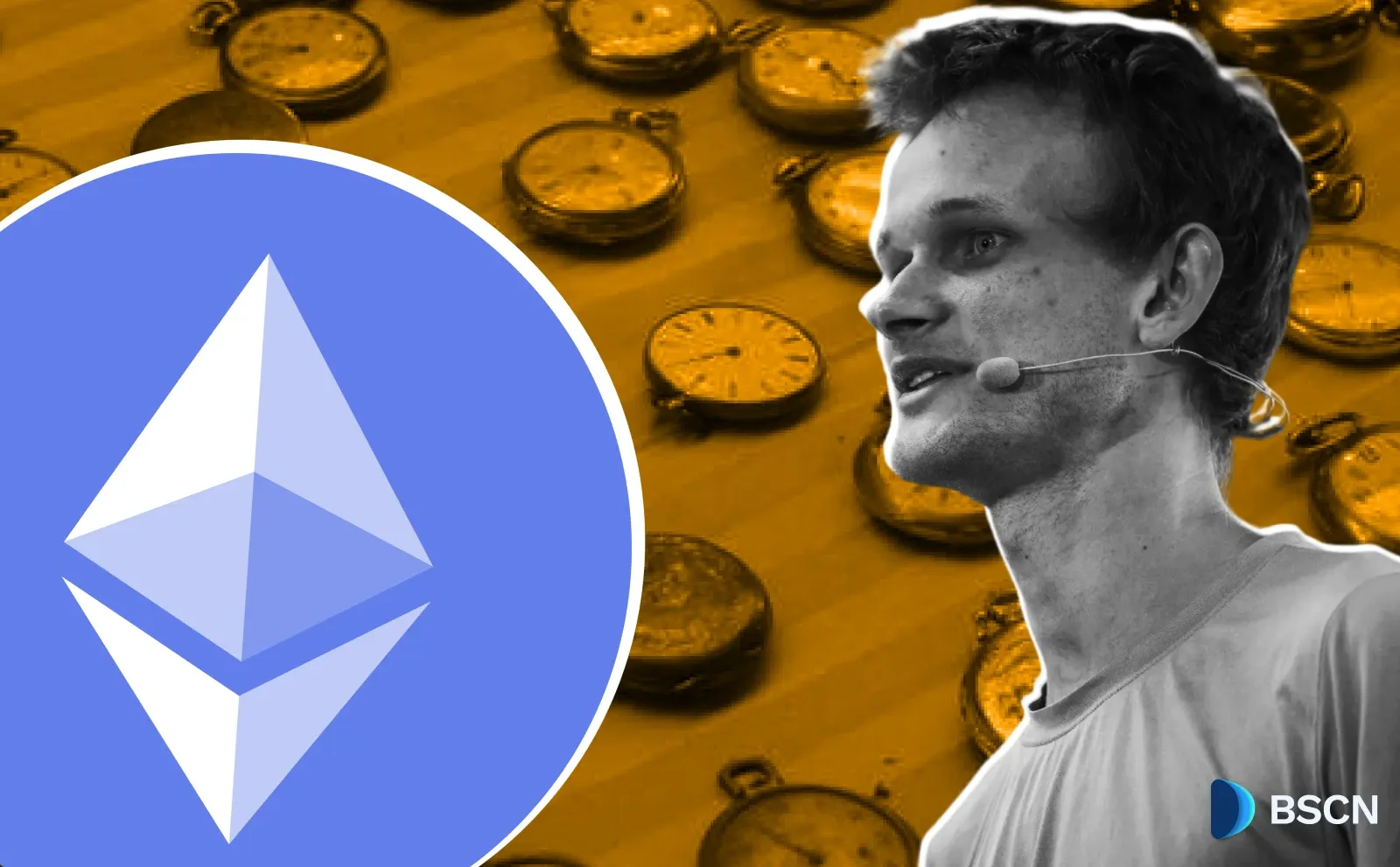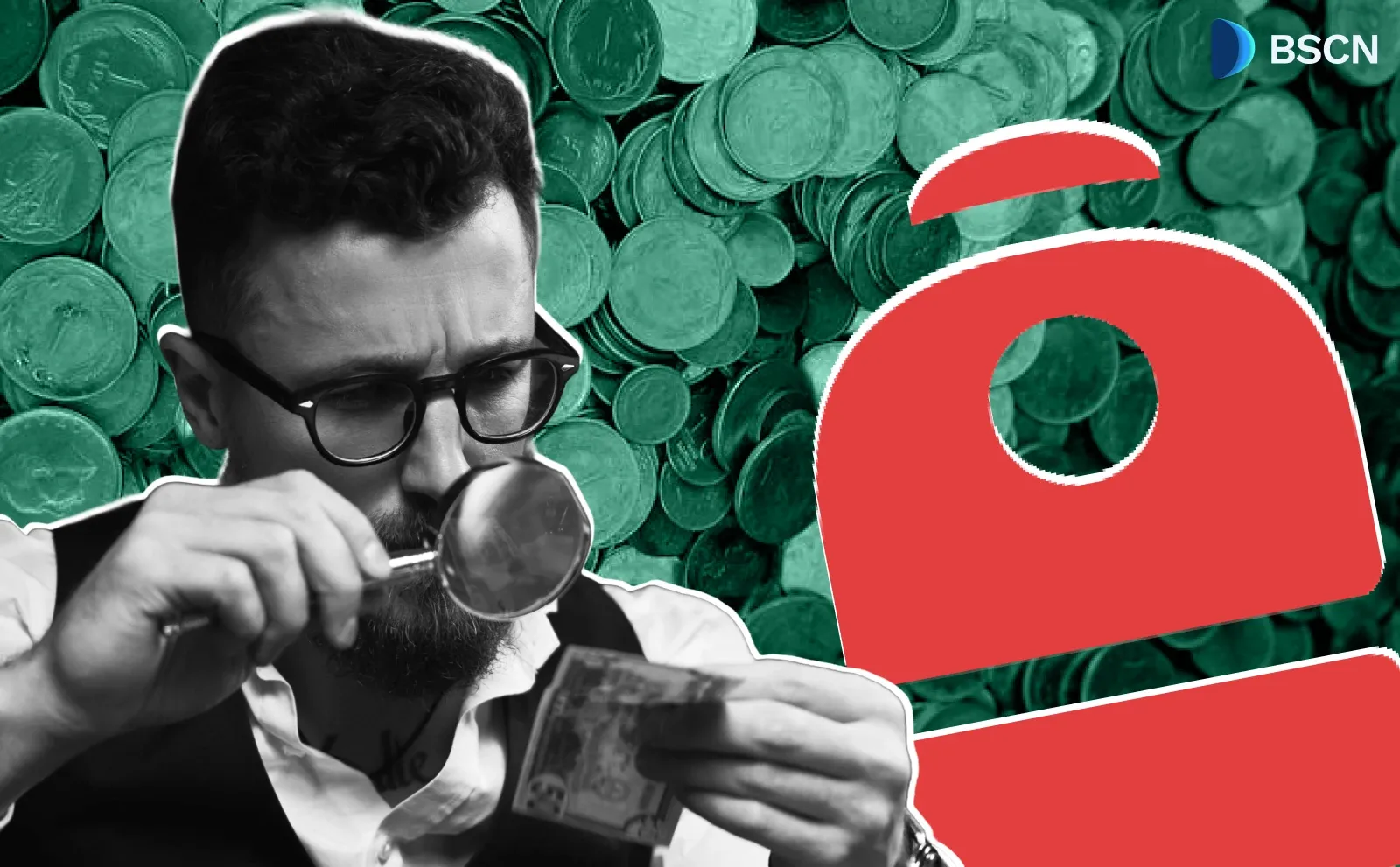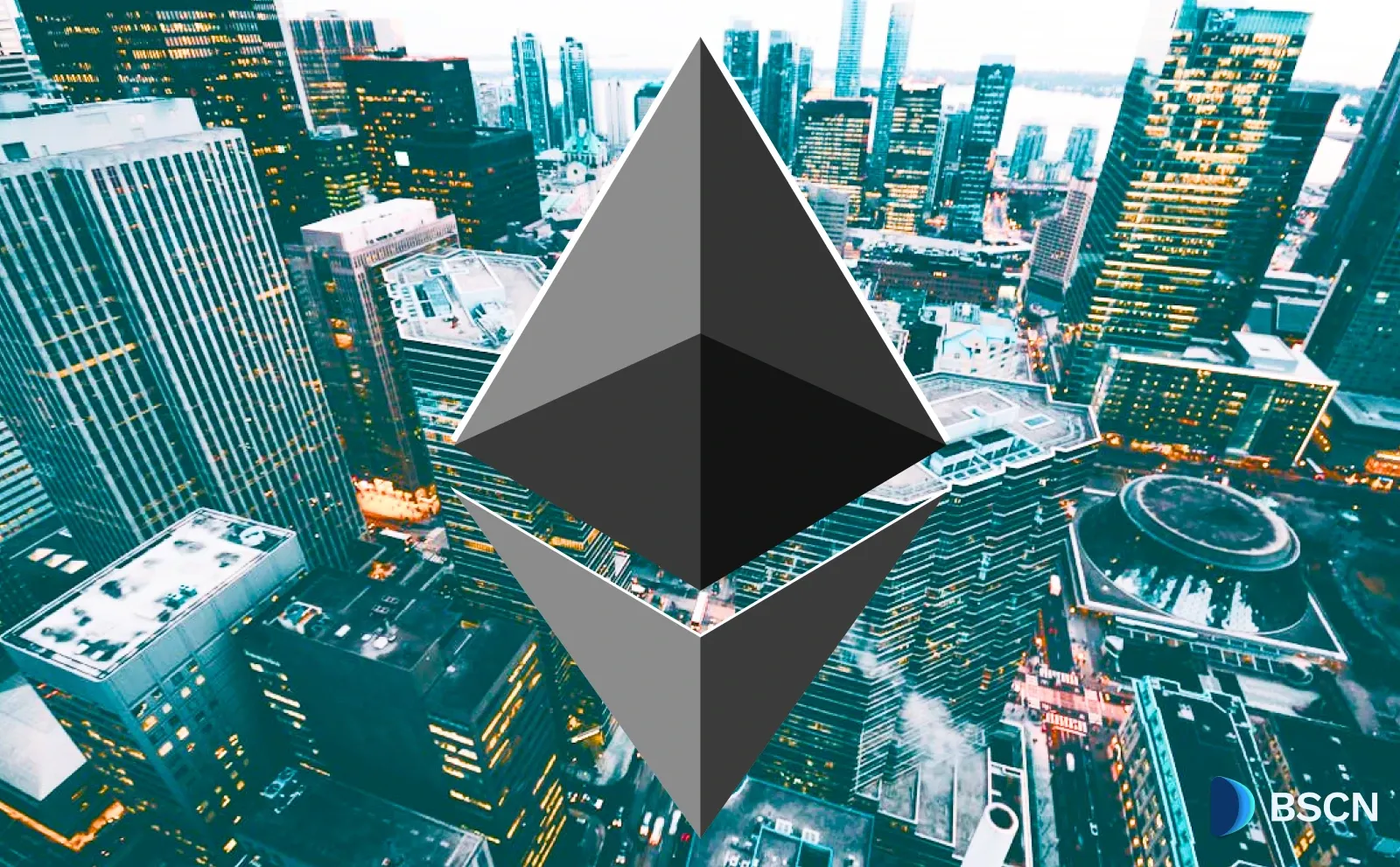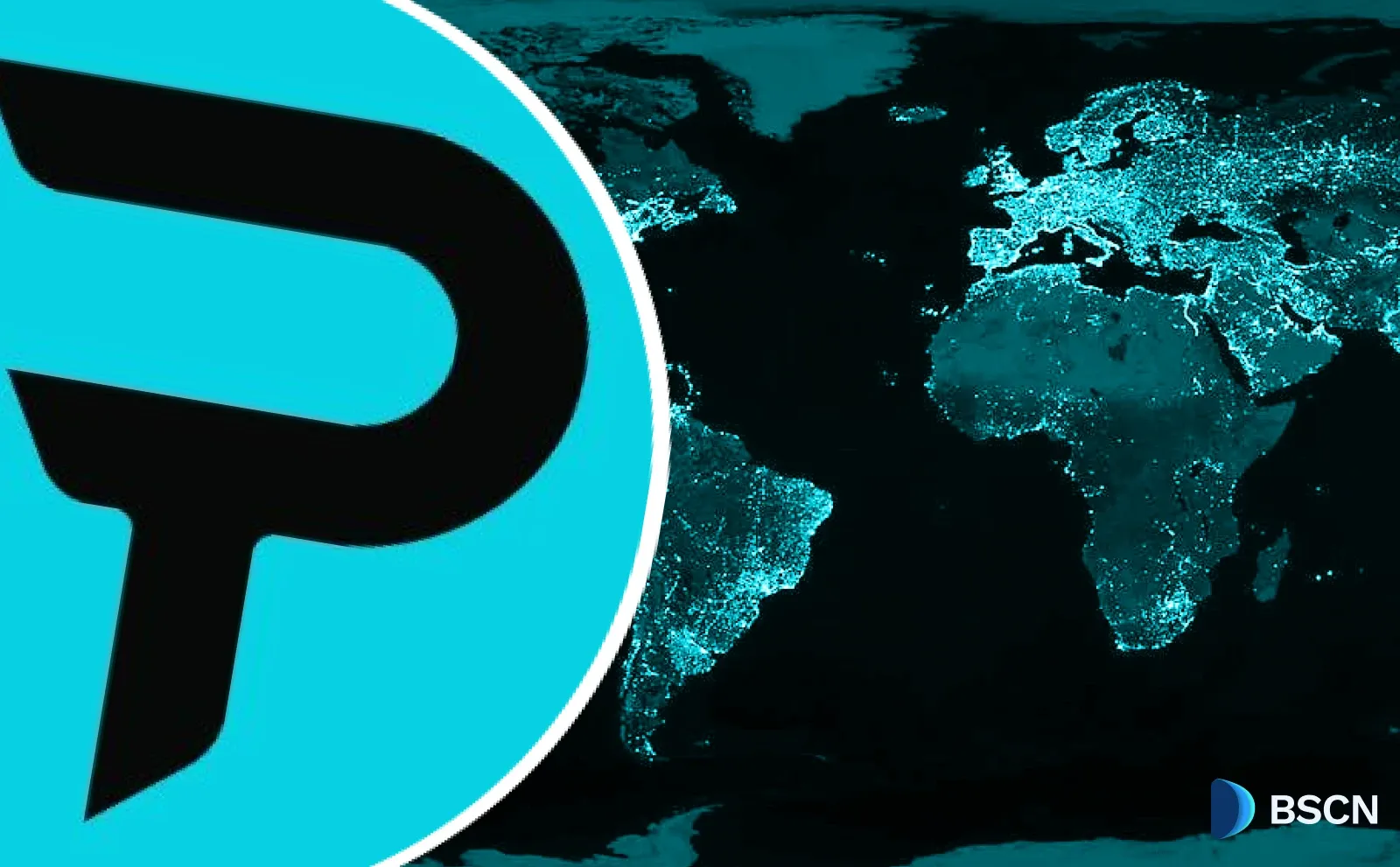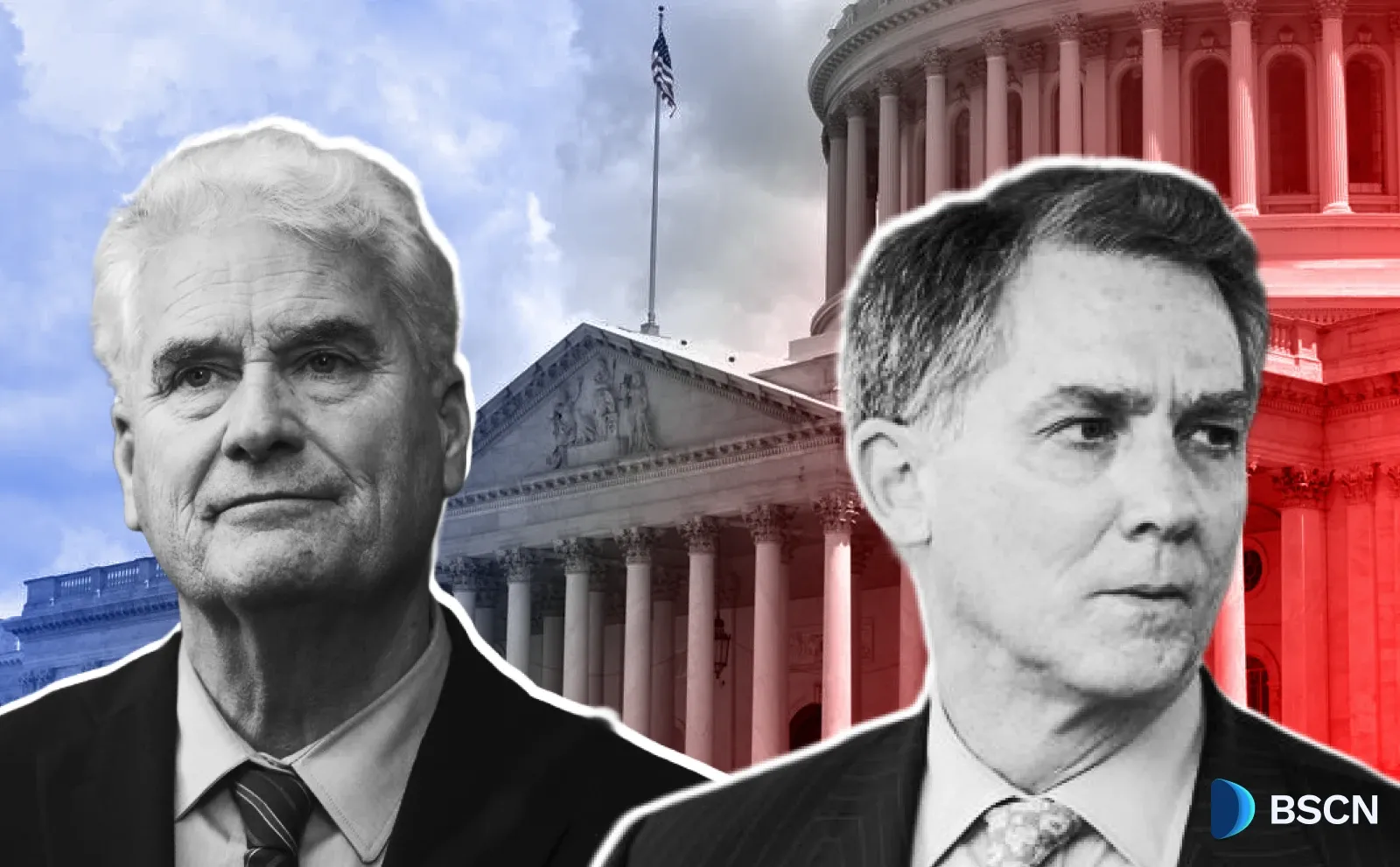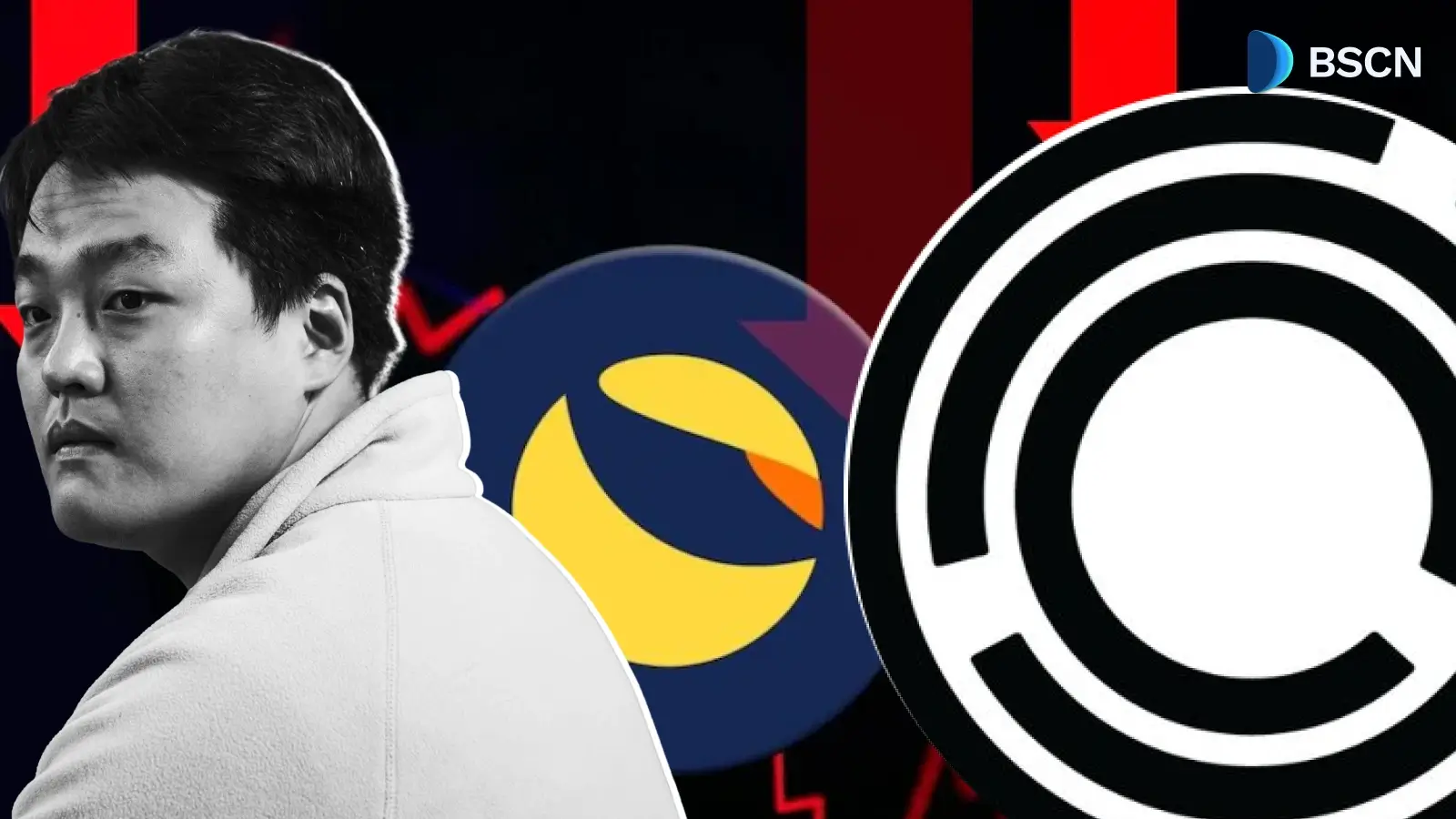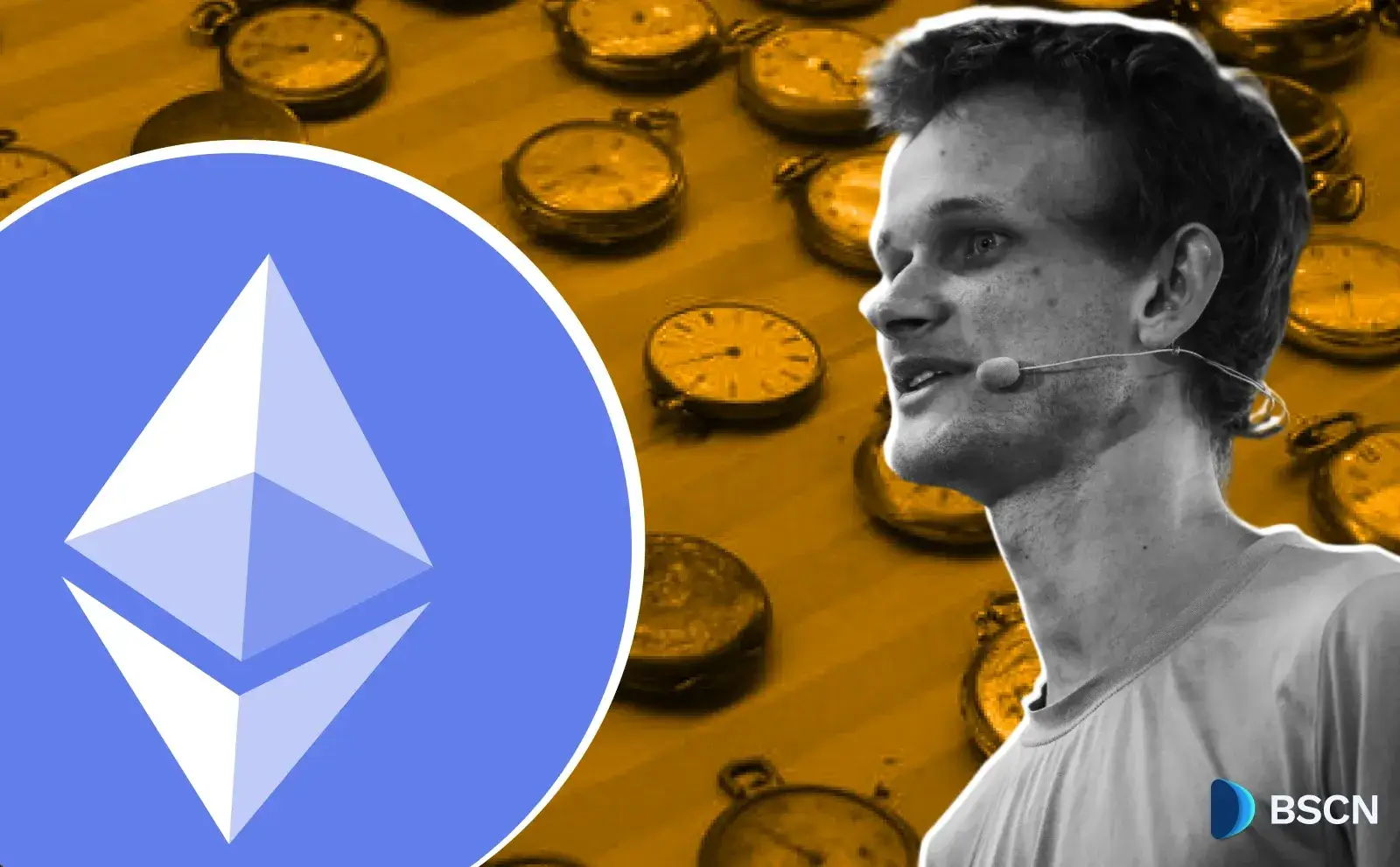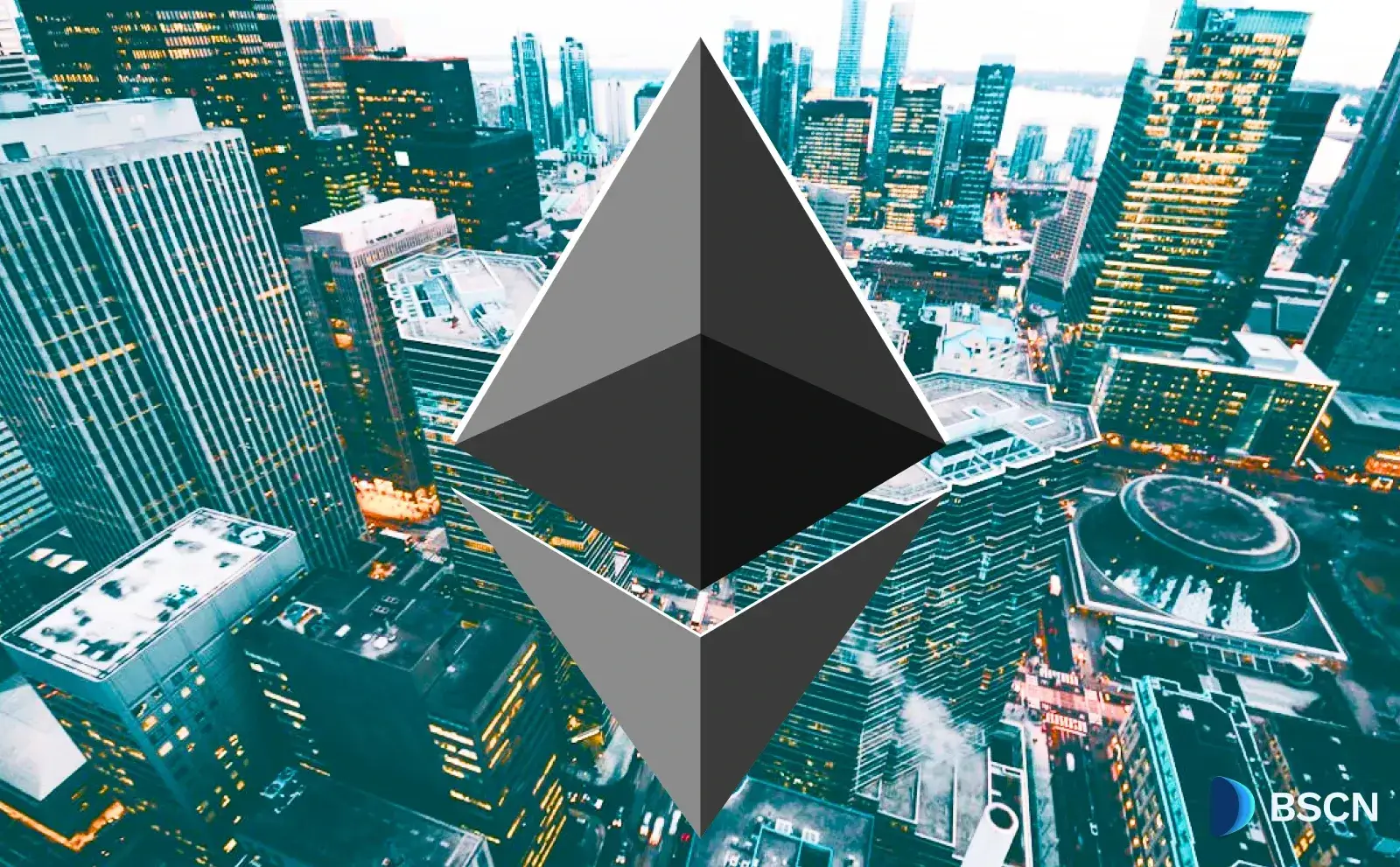Binance Becomes First Licensed Crypto Broker-Dealer in Brazil

The acquisition of Sim;paul, a São Paulo-based licensed broker, enables Binance to distribute securities and issue electronic money while fully complying with local regulations.
Soumen Datta
January 3, 2025
Table of Contents
Binance, the world’s largest cryptocurrency exchange by trading volume, achieved a major milestone by securing a broker-dealer license in Brazil.
This approval, granted by Banco Central do Brasil, the country’s central bank, positions Binance as the first crypto exchange to obtain such a license in Latin America’s largest economy. It also marks Binance’s 21st global regulatory authorization, reinforcing its commitment to compliance and growth.
Strategic Acquisition of Sim;paul
With this license, Binance has acquired São Paulo-based investment platform Sim;paul. As a fully licensed broker-dealer, Sim;paul is authorized to distribute securities and issue electronic money. This acquisition enables Binance to operate within Brazil’s regulatory framework, offering a wider range of services while adhering to local laws.
Guilherme Nazar, Binance’s Head of Latin America, emphasized the significance of this achievement:
“This milestone enhances our ability to deliver secure financial solutions and drive digital asset adoption in Brazil. It reflects our relentless focus on compliance and creating unparalleled value for our users."
Brazil: A Critical Market for Crypto Growth
Brazil ranks 10th on Chainalysis’ global crypto adoption index and has been proactive in regulating digital assets. Key initiatives from the Central Bank and the Brazilian tax authority include a proposed framework for crypto regulation, which is currently open for public consultation.
Legislators are also addressing essential topics such as stablecoin management and asset segregation. These efforts demonstrate Brazil’s forward-looking approach to digital asset oversight, making the country an attractive market for Binance.
The integration of Sim;paul’s licensed operations gives Binance the tools to expand its services and meet the rising demand for secure crypto solutions. This move aligns with Binance’s global strategy to promote digital asset adoption while ensuring compliance with local regulations.
Richard Teng, Binance CEO, highlighted Brazil’s importance in the company’s global expansion strategy, stating:
“This approval not only demonstrates our commitment to compliance and security but also highlights our dedication to empowering local users with reliable and innovative digital-asset platforms."
Binance’s Global Regulatory Journey
Binance’s achievement in Brazil follows a series of regulatory milestones worldwide. Earlier in 2023, Binance secured registration in Argentina, its 20th global approval. The exchange also became the first to receive a full license in Kazakhstan and gained regulatory clearance in India.
To support its compliance initiatives, Binance has strengthened its anti-money laundering (AML) and counter-terrorism financing (CFT) measures, employing over 1,000 compliance staff globally.
Worth noting, over the past year, the company has expanded its regulatory footprint to France, Japan, and El Salvador.
Read Next...
Disclaimer
Disclaimer: The views expressed in this article do not necessarily represent the views of BSCN. The information provided in this article is for educational and entertainment purposes only and should not be construed as investment advice, or advice of any kind. BSCN assumes no responsibility for any investment decisions made based on the information provided in this article. If you believe that the article should be amended, please reach out to the BSCN team by emailing [email protected].
Author
 Soumen Datta
Soumen DattaSoumen has been a crypto researcher since 2020 and holds a master’s in Physics. His writing and research has been published by publications such as CryptoSlate and DailyCoin, as well as BSCN. His areas of focus include Bitcoin, DeFi, and high-potential altcoins like Ethereum, Solana, XRP, and Chainlink. He combines analytical depth with journalistic clarity to deliver insights for both newcomers and seasoned crypto readers.
Crypto Project & Token Reviews
Project & Token Reviews
Comprehensive reviews of crypto's most interesting projects and assets
Learn about the hottest projects & tokens



